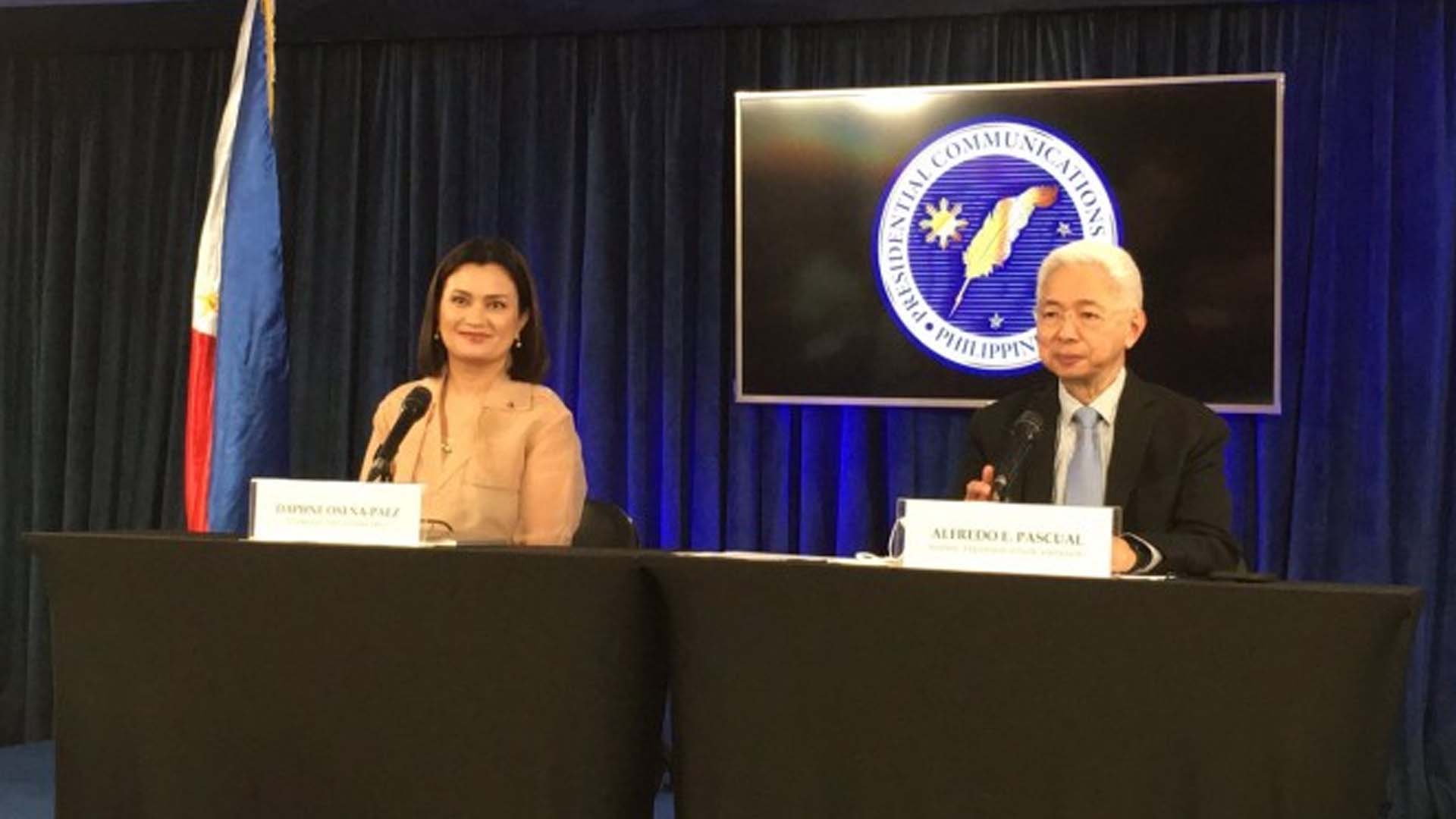President Ferdinand R. Marcos Jr. has approved the proposed Philippine Export Development Plan (PEDP) 2023-2028 to improve the performance of the country’s export industry.
Marcos gave his approval during a sectoral meeting with the Department of Trade and Industry (DTI) held at Malacañan Palace in Manila on Tuesday morning.
“We presented to the President the Philippine Export Development Plan which DTI formulated pursuant to the Export Development Act of 1994. This defines the country’s exports thrusts, strategies, programs, and projects,” DTI Secretary Alfredo Pascual said in a Palace press briefing.
“We sought the President’s approval which we got with just some couple of addition to the plan,” he said.
Pascual said the PEDP 2023-2028 will capitalize on export growth opportunities considering market trends and existing industries’ competencies in the Philippines.
Acknowledging that the Philippines is lagging behind its neighboring states when it comes to exports, Pascual said the PEDP would help improve the country’s performance.
“It may not yet match the levels achieved by the more progressive neighbors that we have but it will certainly improve the volume of our exports,” he said.
Strategic actions
Pascual said the PEDP 2023-2028 aims to boost the competitiveness of the Philippine export firms.
He said the plan would help achieve substantial exports growth in four identified clusters, namely industrial machinery and transport; technology, media and telecommunications; health and life sciences; and the modern basic needs of resilient economy.
Pascual underscored the importance of developing “reliable, design-driven, technology-driven, sustainable and forward-looking” exporters to make the Philippines an “agile export powerhouse.”
“The export competitiveness of the Philippines lies in the competitiveness of the firms themselves,” he added.
Pascual said the export development plan outlines three strategies actions to develop the four clusters.
He said the strategies under the PEDP 2023-2028 include addressing production constraints, developing a strong innovative export ecosystem, and increasing the Philippines’ mindshare in the global market.
“There are many firms in the country that we need to help. So, we need to stratify them so we are able to focus on those that require more significant support over others,” Pascual said.
“That’s why we came up with the three classifications – one, the breakers and then those that are at the crest and those that are creating ripples. The ones that are breakers or those who have already broken into the international market so they are able to or ready export their products in sizeable volume,” he added.
In 2022, the Export Development Council chaired by Pascual lowered its export target to USD105.3 billion from its initial target of USD130 billion, with USD62 billion coming from merchandise exports and USD43.3 billion from services exports.
Data from the Bangko Sentral ng Pilipinas (BSP) showed that exports of goods and services last year only reached USD98.52 billion.
About USD57.45 billion of the USD98.52 billion were merchandise exports, while the remaining USD41.07 billion were service revenues. (PNA)




















